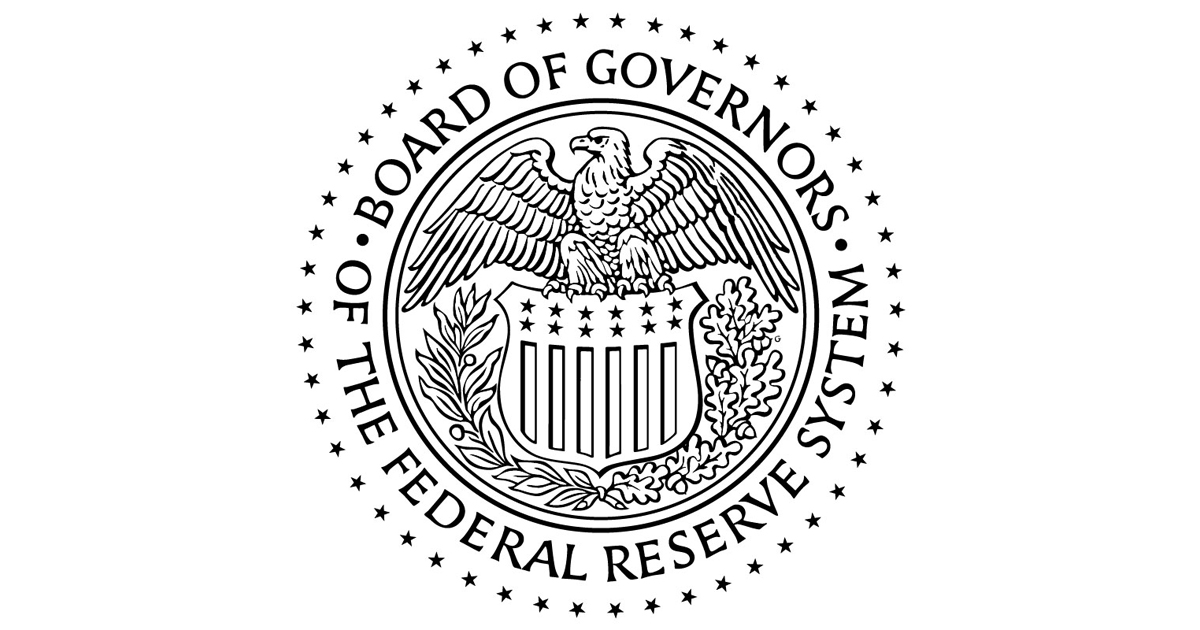D
Deleted member 1
Guest
In 2020 the federal reserve made a noted change to its primary policy:

The fed made two major changes. 1> There is an increased focus on full employment in the economy, now lowering focus on minimizing inflation 2> inflation targets are now "moderate" with room to float high after periods of low. These are not defined. That is, if you need more employment, let the inflation go up.
So that's what we've been doing and will continue to do.
Combined with wars, aging population, coronavirus, low interest rates for cheaper cash, etc. we have a huge amount of money printing and other pressures, yet the fed and others do not acknowledge the existing and coming inflation:
Here is the supposed inflation rate
This is a waste of time for the average joe that wants to know how these policies affect their day to day life:
Devalued cash, cheap credit, and pandemic demand shifts have put significant pressure on the staple stuff like groceries everyone needs. The feds preferred CPI that measures US goods misses several things


Assets are also way up:

As seen with quantitative easing and ZIRP (Zero interest-rate policy - Wikipedia)

Cheap cash pushes up asset prices


Guide to changes in the 2020 Statement on Longer-Run Goals and Monetary Policy Strategy
The Federal Reserve Board of Governors in Washington DC.
www.federalreserve.gov
The fed made two major changes. 1> There is an increased focus on full employment in the economy, now lowering focus on minimizing inflation 2> inflation targets are now "moderate" with room to float high after periods of low. These are not defined. That is, if you need more employment, let the inflation go up.
So that's what we've been doing and will continue to do.
Combined with wars, aging population, coronavirus, low interest rates for cheaper cash, etc. we have a huge amount of money printing and other pressures, yet the fed and others do not acknowledge the existing and coming inflation:
Here is the supposed inflation rate
Year | Jan | Feb | Mar | Apr | May | Jun | Jul | Aug | Sep | Oct | Nov | Dec | Ave |
2021 | 1.4 | | | | | | | | | | | | |
2020 | 2.5 | 2.3 | 1.5 | 0.3 | 0.1 | 0.6 | 1.0 | 1.3 | 1.4 | 1.2 | 1.2 | 1.4 | 1.2 |
2019 | 1.6 | 1.5 | 1.9 | 2.0 | 1.8 | 1.6 | 1.8 | 1.7 | 1.7 | 1.8 | 2.1 | 2.3 | 1.8 |
This is a waste of time for the average joe that wants to know how these policies affect their day to day life:
Devalued cash, cheap credit, and pandemic demand shifts have put significant pressure on the staple stuff like groceries everyone needs. The feds preferred CPI that measures US goods misses several things
One of the primary ways that our modern CPI formula understates inflation is through hedonic quality adjustments. In simple terms, consumer goods that experience technological improvements are considered to have fallen in price when calculating the CPI even if the price has stayed the same or even increased in real life. For example, if a computer with an eight-core processor costs $1,000 today and most computers have sixteen-core
processors but cost $1,300 in two years from now, it may get recorded as only costing $800 for the purpose of calculating the CPI. Of course, that’s no consolation to the consumer who actually has to pay $1,300.
Because so many high-tech consumer products have entered our lives over the past forty years and those products have improved at a rapid rate, they have masked the very real inflation that has occurred in big ticket necessities like housing, healthcare, childcare, and higher education. Sure, it’s great that laptops, cell phones, and big screen TVs have been falling in price while gaining more features, but that doesn’t help Americans who are going bankrupt due to exorbitant medical bills, being crushed under the weight of student loans, and can’t find affordable housing anywhere.
The chart below from the American Enterprise Institute shows the dichotomy between high-tech consumer products, which have been falling in price, and big ticket necessities that have surged in price and are becoming increasingly out of reach for many Americans:


Assets are also way up:

As seen with quantitative easing and ZIRP (Zero interest-rate policy - Wikipedia)

Cheap cash pushes up asset prices








